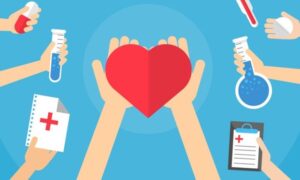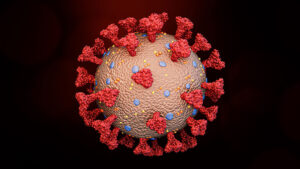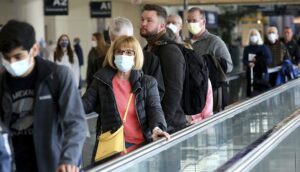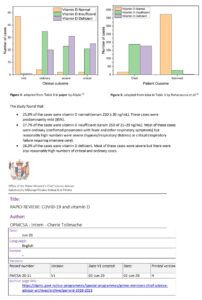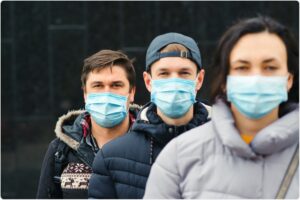Is Monkeypox Going to Kill Us All?
Have you heard about Monkeypox?
Monkeypox (Mpox) is a virus. It emerged several years ago (nobody seems to be exactly sure when) in Africa, in the Democratic Republic of the Conga. Government health officials tried to constrain it but failed. By 2022, like Ebola, it had spread into neighboring African countries, including Burundi, Kenya, Rwanda, and Uganda.
Last week, the WHO declared the current strain “a public health emergency of international concern,” saying that “the potential for further spread within Africa and beyond is very worrying.”
The facts are alarming. For example:
1. The current strain of Mpox (clade I) is more serious than the type we saw two years ago (clade II). Clade I spreads more easily and could kill up to 10% of people who contract it. On the other hand, more than 99% of people who caught the clade II version in 2022 survived.
2. It was presumed at first to be transmissible only by sexual contact, but now researchers are saying that it is spreading by any sort of human contact. During the global outbreak of Mpox in 2022, gay and bisexual men made up the vast majority of cases and the virus was mostly spread through close contact, including sex. But with this outbreak in Congo, a majority of cases and deaths are in children. The reasons for the difference aren’t entirely clear. It could be because kids are more susceptible, says Dr. Boghuma Titanji, an infectious diseases expert at Emory University. Social factors, like overcrowding and exposure to parents who caught the disease, could also be at play.
3. Literally just one day after the WHO classified the Mpox outbreak in central Africa as a “public health emergency concern,” a case of the new mutant strain was confirmed in Sweden. And when asked about the chances of the disease being in the UK already, Professor Paul Hunger, a microbiologist from the University of East Anglia said that it almost certainly is.
It is not in the US right now. More to follow as it is reported.

